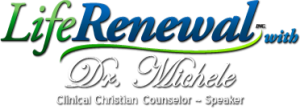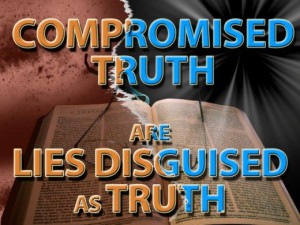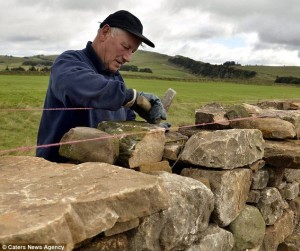
Gaining Biblical Tools Part 2 Using Tools With Skills
Gaining Biblical Tools
Part 2
Using Tools With Skills
 Every day you navigate through messages from your workplace, peers, and family. You may receive rejection, offenses, or wounds. In every situation it requires you to identify the issues and apply the proper tools for the correct, proactive response. You start by learning a tool and practicing it until you can skillfully navigate through all kinds of challenges.
Every day you navigate through messages from your workplace, peers, and family. You may receive rejection, offenses, or wounds. In every situation it requires you to identify the issues and apply the proper tools for the correct, proactive response. You start by learning a tool and practicing it until you can skillfully navigate through all kinds of challenges.
Do you know how you have embraced faulty messages from your life experiences? Can you see how they have tainted your perceptions? They color your view of the world, and are looking through colored lenses in situations that prompt responses based on your past experience. These perceptions shape your identity, opinions, expectations, relationships, and define your abilities or future?
You need the tools and skills to identify and change any negative messages that you have embraced, regardless of whether or not it was a conscious or unconscious choice. Strongholds are formed and reinforced without us even realizing it. Sometimes you may have the intellectual knowledge of the message, know what the Bible principles and promises are, and yet be unable to apply what is needed to tear it down. So instead you just wrestle with it indefinitely or ignore and avoid it.
You do not have to sabotage your life. You can begin to renew your mind and agree with the Bible with your emotions and behaviors, tearing down the strongholds that formed beliefs that agree with your experiences versus the Word. It begins by understanding how your experiences produced your thoughts and beliefs and using tools to navigate through day by day to reflect God’s character.
The definition of skills:
• A skill is the learned ability to competently carry out the use of a tool and achieve good results, often with a minimum outlay of time, energy, or both.
• Ability comes from your knowledge through practice. To become proficient with tools, it requires regular use that develops skills through training and experience. Skills are usually acquired or learned, as opposed to abilities, which are often thought of as innate.
Do you ever wonder why one person faces obstacles with a good attitude and hopeful expectations while another person operates in fear and negativity? It is because the thinking and beliefs they operate in then produce the use, or lack of use, of tools in the situation. You and I should seek to gain biblical skills that you practice until it becomes second nature to apply Bible principles.
When you think of skill you may think technology, writing, music, art, math, and much more. But the skills I am speaking of are even more important because you need them every day. Applied skills for the use of tools to grab your thinking and turn it, control your emotions, reactions, the way you communicate, set boundaries, use assertive skills, resolve a conflict, and choose to be hopeful, filled with joy, and fulfill the vision that God has for your individual life.
I find it interesting that different grammatical uses of the word “skill” can also mean:
• To be set apart; separate; to discern; have knowledge or understanding; to know “how to.”
From a biblical perspective the Greek word “sanctification” means to be set apart. It is your ongoing work to be transformed into the image of Christ.
No one waves a magic wand. Rather it is a continuous series of choices to agree with the Word of God and then apply the truth into practical application little by little as you are “…transformed by the renewing of your mind.” (Romans 12:2 NIV)
Skill also means to discern, and have “how to” knowledge and understanding. God commands you to discern! From Genesis to Revelation there are Scriptures to discern character, the company you keep, sin, teaching, preaching, prophecy, financial choices, and so much more. We are to live a lifestyle of discernment as best summed up in Job 34:4, “Let us discern for ourselves what is right; let us learn together what is good.” (NIV)
Discernment is the application of tools. Your use of tools with skills enables you to discern. Discernment is a tool and skill that we apply to daily life. It is the ability to grasp and comprehend what is obscure; a keenness of insight, judgment and understanding; the knowledge gained by perceiving; the mental and spiritual ability to understand and discriminate between choices, and judge wisely and objectively.
It is the cognitive condition of someone who understands the “how to” and then applies the appropriate tools for godly and healthy responses. This week I challenge you to examine what you are thinking, believing, and how you are responding in every daily situation. Keep a journal so that the following tools that I provide for you can be practiced so that you obtain skills.
The Bible tells you in Psalms to “Selah” which means pause and consider. The prophet Haggi urged the people when ignoring the temple (you) to “consider your ways.” In multiple places the Bible commands you “do not forget,” or “bind the Word to your Heart.”
Everything I write or teach is just information until you begin to practice the tools as skills. These skills help you to walk in the fruit of the Spirit and receive the promises of God and reflect Jesus.










Contact With Us